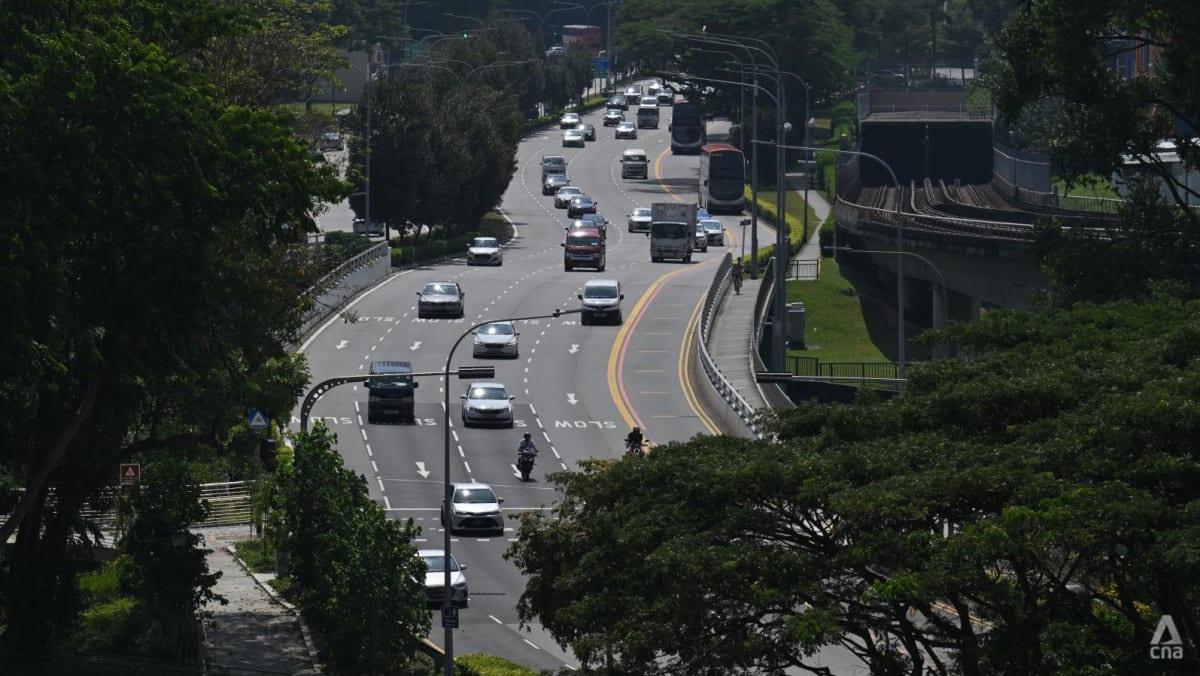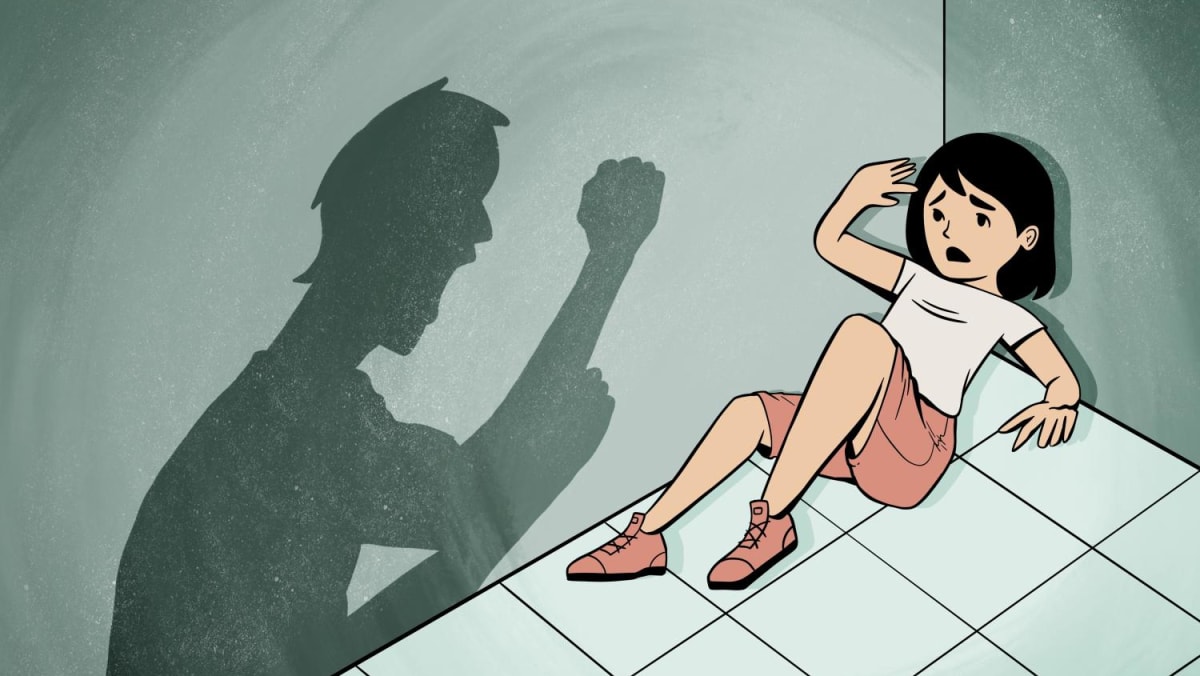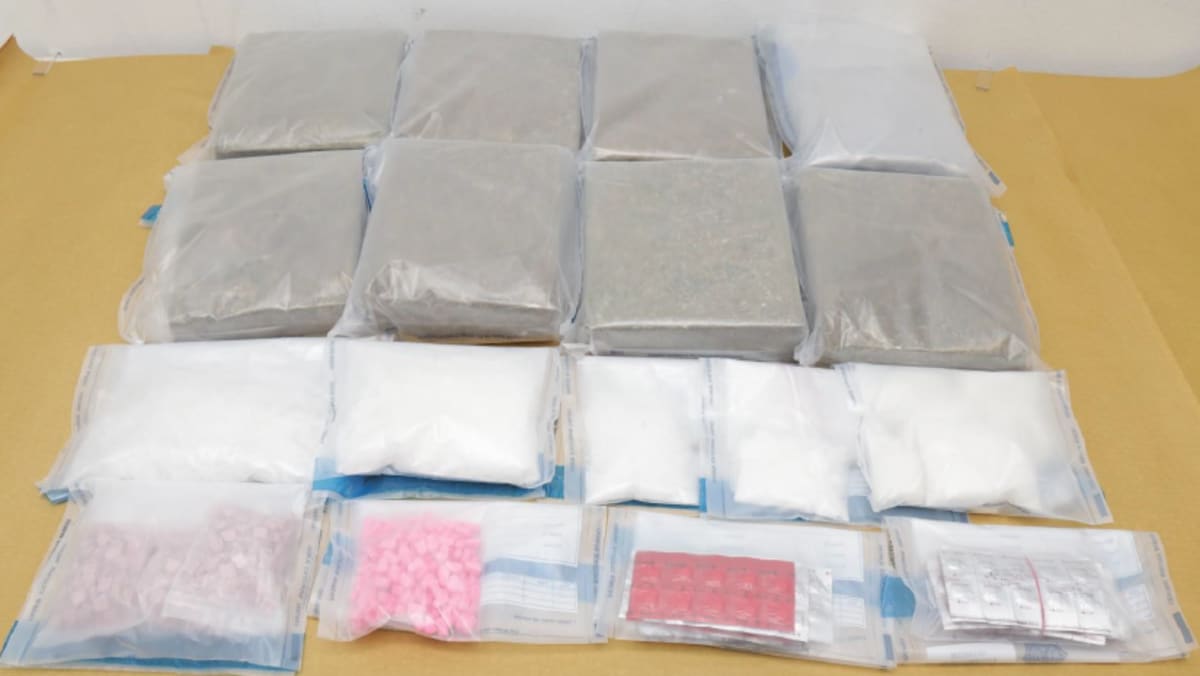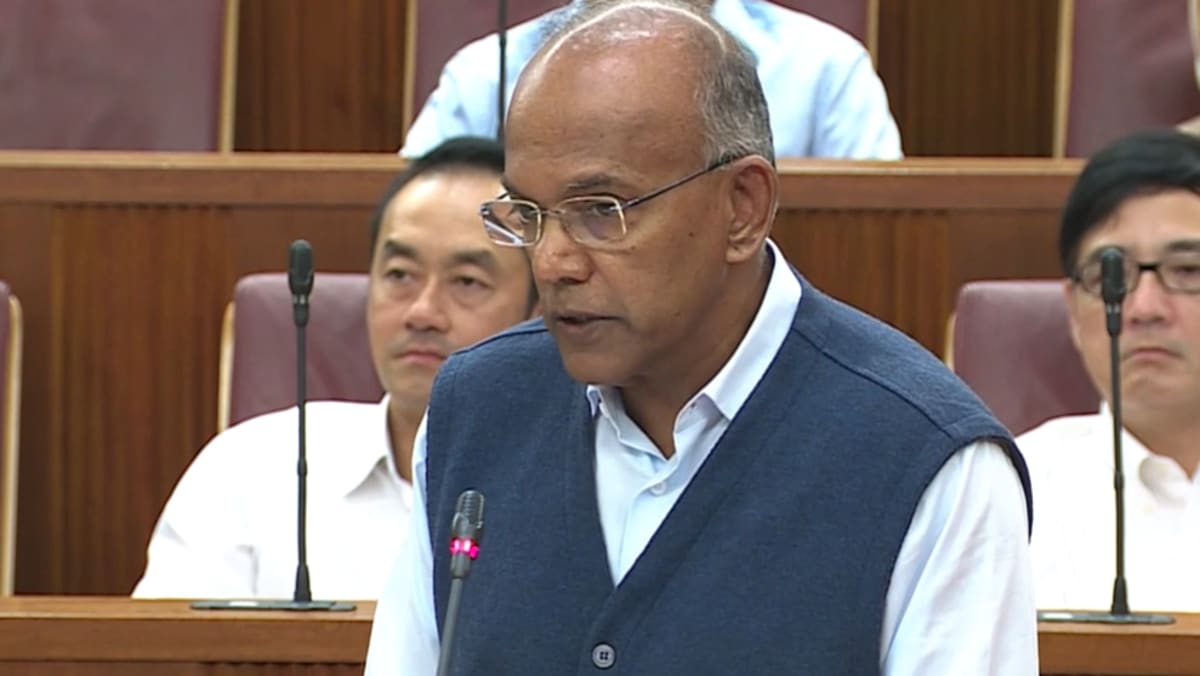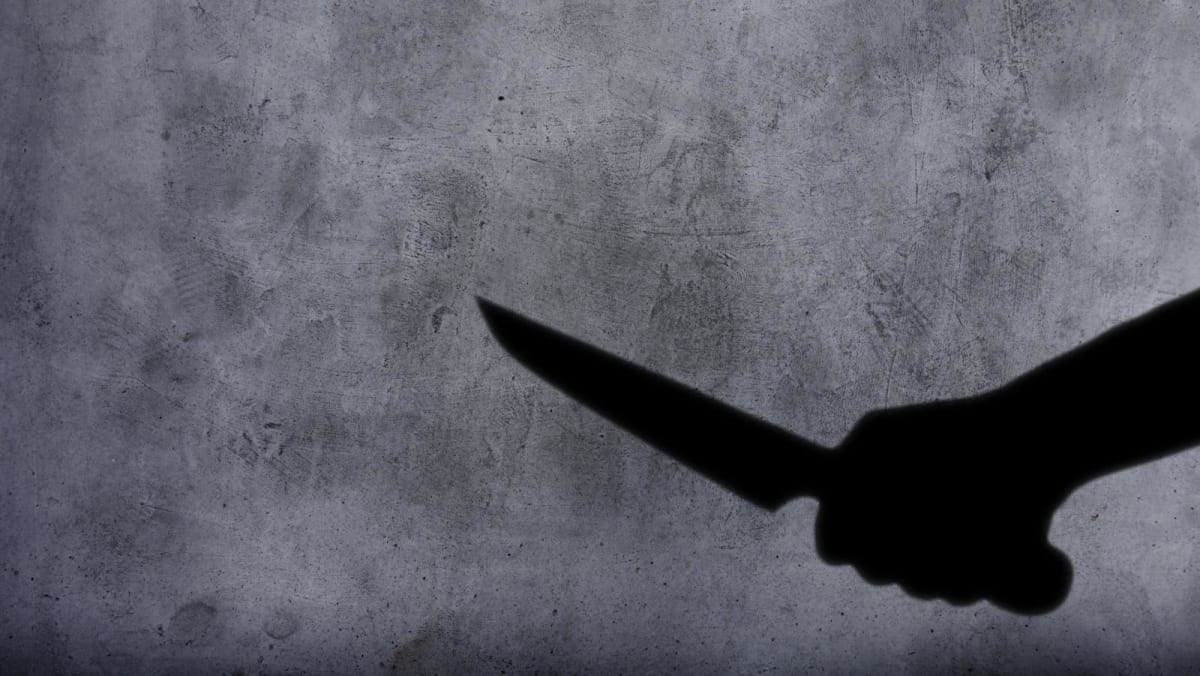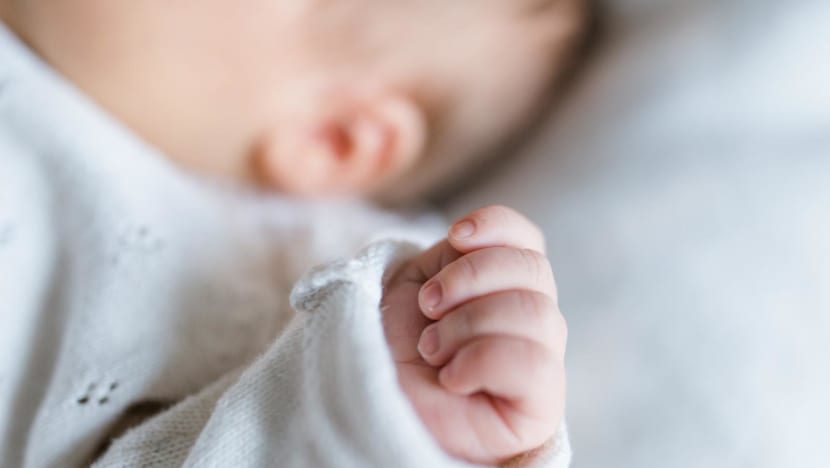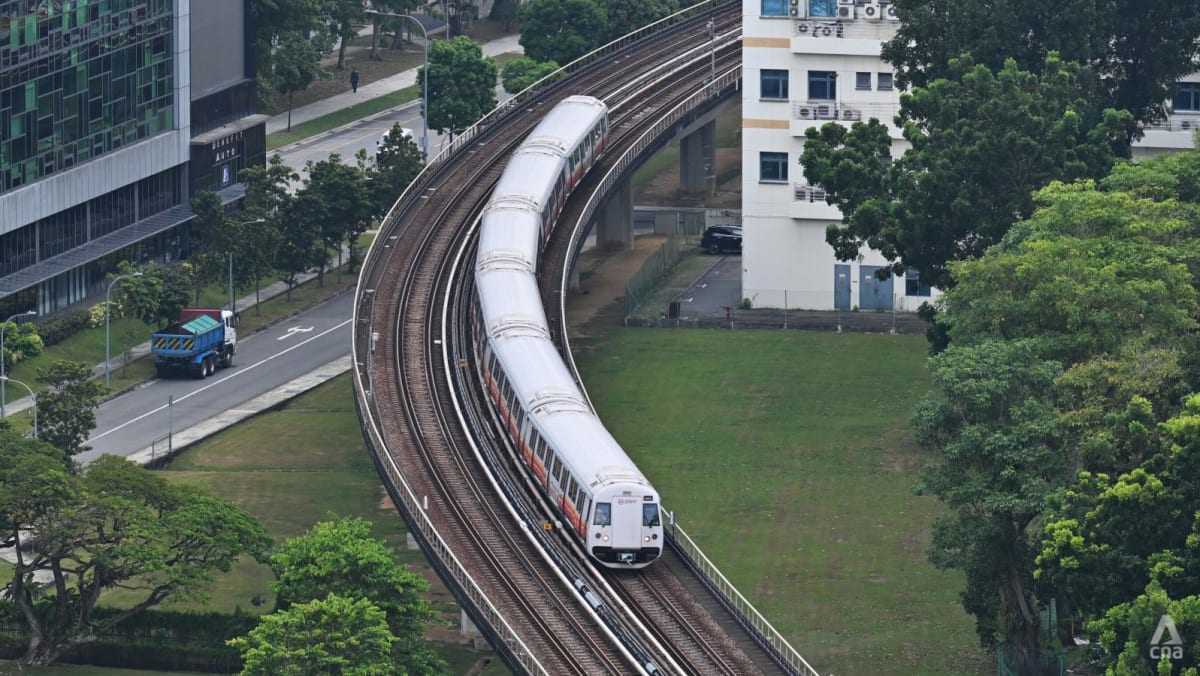Her father could not control his emotions and the fits of anger soon took over: He hit her when she could not answer mathematics problems or did not know how to do her homework.
Looking back on his drastic behavioural change, Mrs Khoo said that it was probably due to financial strain and having to cope with the pressures of everyday living.
As time passed, domestic violence set in and became frequent.
He would beat his wife and eventually turned on their domestic worker as well.
Recalling the nights filled with shouting, screaming and sounds of things being thrown around the house, Mrs Khoo said that it always felt like she was living on the edge of a “terrible disaster”.
“It felt like I was living with a terrorist, like he wasn’t my dad anymore. I couldn’t understand why that was happening.
“I was always fearful, always on edge and tense, not knowing when the next explosion from my dad was going to happen.”
Apart from her own fears, she was worried for her younger sister who was just a two-year-old when her father started becoming abusive.
She found no answers when she turned to her mother, who was also suffering but was seen from her young eyes as unwilling to stand up to her husband or leave him.
“I cried with my mum and asked her what to do. But she told me, ‘Don’t you ever tell anyone about what’s happening in our family’. I think there was a lot of shame,” Mrs Khoo added.
Not being able to tell anyone about her family situation made her feel helpless and “trapped”. She remembered crying a lot.
“No one taught me how to really take care of myself or respond to the situation. I recall being very depressed… and would just cry repeatedly.
“I was so scared to go home after school that I would cry out to God.
“Home was like a hell hole; I was scared that I was going to die in there.”
At 14, after experiencing another episode of her father’s verbal and physical abuse, something snapped.
She plucked up the courage and headed towards the police station, even though her mother had warned her not to get her father into trouble. The mother was worried that he would go to jail and they would be in financial difficulty.
“This was despite both my parents working and earning incomes. When I heard that, I told my mum that she couldn’t keep doing that and enabling the abuse,” Mrs Khoo recounted.
After telling the police officer what had happened, a personal protection order was filed against her father.
“I was very relieved and grateful to the officer who was very kind. He told me to keep (the report) and if my dad ever hit me again, to return and report it.
“That gave me the assurance that okay, someone’s still taking care of me. When I stepped out of the police station, my dad was actually standing outside.
“He was very sombre, quiet and didn’t dare talk to me or make eye contact.
“I felt really terrible because that was not what I wanted to do to my dad. I love my parents.”
That moment of courage brought her some relief, because he never used physical violence on her again.
HOW DOMESTIC VIOLENCE AFFECTED MENTAL HEALTH
By then, though, the traumatic experiences had left a profound impact on the teenager, who developed suicidal thoughts and self-harm tendencies.
Feeling helpless, “stuck and alone”, she wanted the pain to stop.
She was still living in a toxic environment because even though the physical abuse stopped, the verbal and emotional abuse continued.
At 22, she got married to Mr Joshua Khoo and they had their first child a few years later when she was 25.
Up to the time she got pregnant, she was still wrestling with dark thoughts and persistent low moods.
“When I found out that I was pregnant, I cried and told myself that no matter what, I’m determined not to let my daughter suffer the way that I did. It is her existence in my life that led me to go see a psychiatrist.”
After her consultations, she was diagnosed with clinical depression and complex traumatic stress disorder.
People who have this form of traumatic stress disorder usually have experienced long-term trauma.
It develops over months or years rather than over a single event, where there were repeated occasions where the victims have little control and are unable to escape their situation.
Supported by a Christian counsellor, a psychiatrist and a psychologist who kickstarted her healing process, Mrs Khoo underwent a combination of therapy and medications.
She was also supported by her husband, church mates and her faith, which eventually lifted the fog.
During this period, when her daughter turned one year old in 2010, the family of three moved to Thailand, drawn by a shared desire to do missionary work.
Her firstborn is now 14 years old and her younger daughter is aged 10.
The Khoo family continues to call Thailand home, returning to Singapore once a year for social visits.
As part of her healing journey, Mrs Khoo wrote a book about the childhood experiences that her mother had told her to keep to herself.
Titled Hope in Despair, it chronicles her journey in overcoming clinical depression, complex traumatic stress disorder and the deep emotional wounds she sustained from domestic abuse.
